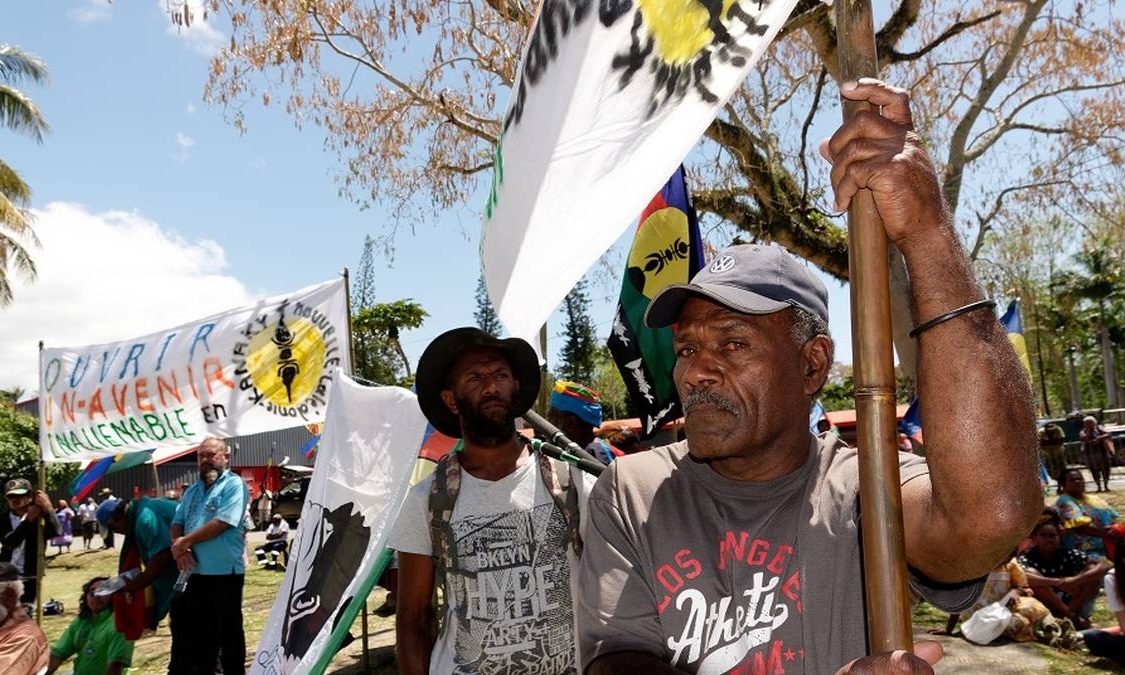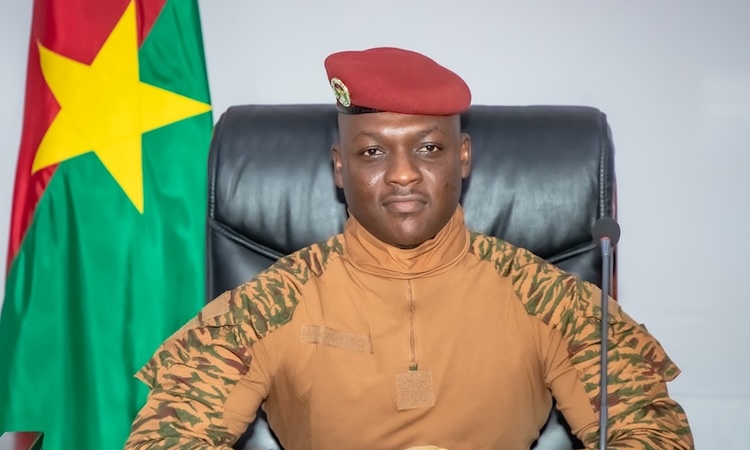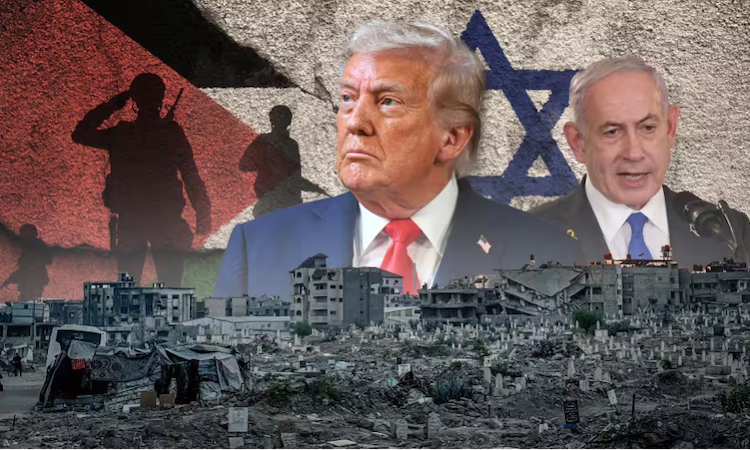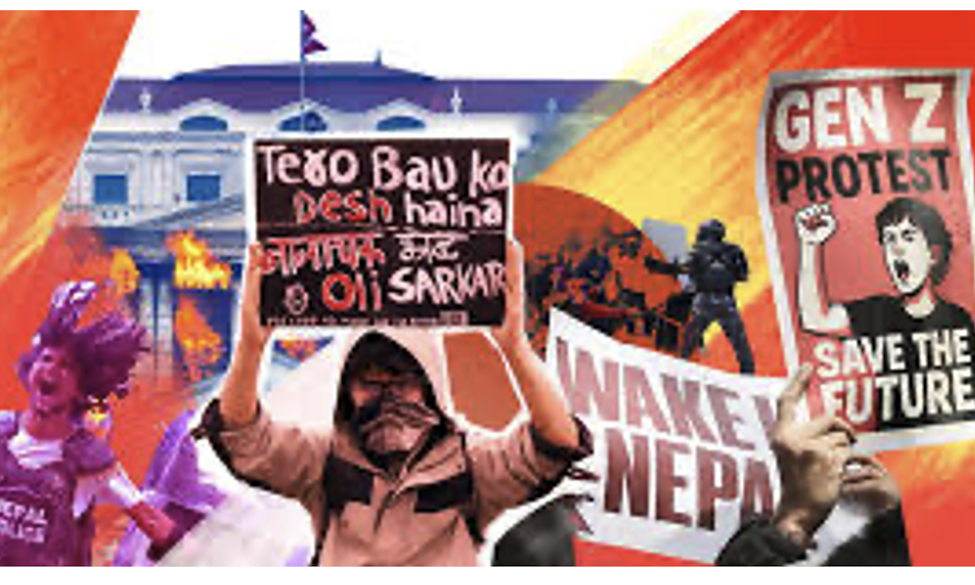On the day of his election as president of his country for the sixth time, Idriss Déby travelled hundreds of kilometres to the front line of the battle against rebels from the Front for Change and Concord in Chad (French: Front pour l’Alternance et la Concorde au Tchad, or FACT).
This is the sort of thing he had done on several previous occasions. As a hardened battlefield commander, that is where he felt most comfortable. On previous occasions, when faced with coup attempts, he had gone to the frontline personally to direct campaigns.
Quite a few of the rebels are former Chadian military officers. President Déby had faced a succession of uprisings since seizing power in a military coup in 1990. Only two years ago, France sent fighter jets to hit a rebel convoy heading for N’Djamena, the Chadian capital, while in 2008 French soldiers helped him beat back an earlier insurrection.
But this time he was not so lucky. He died from a bullet fired by one of the rebels. Thus came to an end his three decades of brutal and kleptocratic rule.
A regional strongman for imperialism
His hands-on approach and the strong army under his command had endeared him to imperialism, especially to French imperialism. He was at the centre of a set of political and security apparatuses that covered the entire region – all under the direction of imperialist powers, particularly France.
His usefulness to imperialist powers was such that they were only too happy to turn a blind eye to his dictatorial, repressive and corrupt regime, which had turned oil-rich Chad into one of the world’s poorest countries.
France has 5,000 troops deployed in Operation Barkhane in the Sahel. They are there allegedly to fight against a jihadi threat, but actually they are engaged in safeguarding French interests in its former African colonies – Francophone Africa.
Not without reason did French president Emmanuel Macron attend Déby’s funeral, characterising him as “a courageous friend” of France, just as the Chadian armed forces suspended parliament and installed Déby’s 37-year-old son, four-star general Mahamat Idriss Déby Itno, also known as ‘General Kaka’, to head a military government – for, if it is to be believed, an 18-month long ‘transition period’, in utter and contemptuous disregard of imperialism’s self-proclaimed love for democracy, the rule of law and suchlike hypocritical cant.
French foreign minister Jean-Yves Le Drian defended the illegal power grab by the Chadian military top brass in the name of ‘stability’, despite expressions of outrage from the opposition and from a general who spoke for a sizeable section of the soldiers. Even a European diplomat in the region said that France, the former colonial power, had “miscalculated” by its reliance on Déby.
Chad, its army and security structures, have for decades been the backbone of France’s military alliance and operations in the Sahel. This backbone is now in serious jeopardy.
The situation in the region is complicated by the fact that the rebels have ties to Libya’s General Khalifa Haftar, who is believed to have used FACT forces to secure an air base in Libya. Haftar, for his part, has received support from France, as well as the UAE and Russia, France’s rival for influence in the neighbouring Central African Republic (CAR).
Russia’s indirect support for the rebels threatens to become a proxy war between France and Russia. According to people with knowledge of the region, France is losing the CAR to Russia, and now the latter is believed to be pushing against French interests in Chad as well.
Kleptocracy at the top, destitution for the masses
Chad’s warrior and warlord family was never meant to safeguard the people of Chad against a jihadi threat. Its main purpose was to safeguard the selfish interests of the family and a small clique hailing from the higher echelons of the army, in alliance with, and subservient to, imperialism. The attitude of the imperialist powers to Déby can be summed up by saying that he was ‘their son of a bitch’.
Chad’s militarised state, whose armed forces are among the most professional and well-equipped in the region, gobbled up most of the country’s resources, so that they were, and presumably still are, a useful instrument through which imperialist powers could wage wars for domination of the region.
Meanwhile, the country’s 16 million people live in destitution, misery and squalor. The literacy rates in this benighted country are about 30 percent, and life expectancy stands at a mere 54 years. On the United Nations development index, Chad ranks 187th out of 189.
A vast country, Chad is four times the size of Germany and straddles the semi-barren Sahel belt, lying at the crossroads of several violent conflicts. France, with 5,000 troops headquartered in the Chadian capital N’Djamena, is bogged down, allegedly fighting several jihadi groups – from Mali to Burkina Faso, both of which lie to the west of Chad (via Niger).
The fighting in the region has claimed thousands of lives, with two million people displaced. In this troubled region, Déby was an imperialist ally – more appropriately, “a gun for hire”, in the apposite words of David Pilling – as well as being a much cheaper alternative to dispatching far greater numbers of soldiers from imperialist heartlands to a part of Africa that is increasingly being referred to as France’s Afghanistan. (Chad’s warrior dynasty will do little to end Islamist threat, Financial Times, 23 April 2021)
In 2013, Déby’s army fought alongside France in Mali, where France ousted rebels threatening a takeover of that country. In 2014, it helped to suppress fighting in the Central African Republic. Chad’s army turned out to be the most effective fighting force in G5, an alliance encompassing Burkina Faso, Mali, Niger and Mauritania and allegedly aimed at thwarting the jihadi threat.
Hence the support extended by France to Déby’s bloodthirsty regime, and the eulogies offered on his death. Although France had saved Déby’s regime on several previous occasions, this time it could not save him from dying at the hands of the armed opposition.
Imperialism seeks domination, not democracy
A statement from the Elysée palace effusively stated that France had “lost a brave friend … and a great soldier and president who laboured ceaselessly for three decades for the security of his country and the stability of the region”.
One has to decode these words, for, in their essence, they amount to saying that this ruthless kleptocrat served for three decades as a reliable servitor of imperialism in a region where its interests were under threat. Imperialism has little use for leaders who really do work ceaselessly for the security of their own countries and regions. Quite the contrary: leaders such as these are targeted for regime change.
Not wanting to be left behind in securing its own interests, US imperialism, through its state department, mourned Déby’s death, heaping generous praise on someone who had presided over the brutal suppression of all opposition through his dreaded security apparatus.
In Déby’s Chad, political freedoms were characterised by their non-existence and human rights violations were an everyday routine, with opposition leaders, human rights advocates, trade unionists and journalists living under constant fear of a knock on the door.
Although many groups in Chad are opposed to the transfer of power to Déby’s son, imperialist powers have thrown their weight behind the military takeover and are backing him just as they backed his father.
But not much good will that stance do to them, for the solution to the problems in that region, including the jihadi threat, lies through economic development, improving people’s lives and installing genuinely democratic institutions and regimes.
If imperialist powers are really interested in fighting jihadi terrorism, which they are not (they have actually created this monster all over the world in the selfish interests of the robber barons of monopoly capitalism), such success lies not through backing a tyrannical dynasty whose legitimacy does not go beyond the gun.














